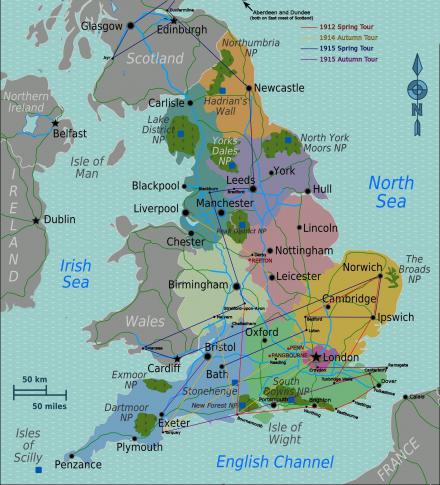UK deficit falls to lowest level since start of financial crisis

The chancellor was able to meet his target thanks to an unexpectedly sharp fall in borrowing in March to £6.7bn, from £11.4bn a year earlier.
Angela Monaghan
Government borrowing fell to £107.7bn in the fiscal year to the end of March 2014 from £115.1bn a year earlier, scraping in just below the £107.8bn target outlined by the Treasury's independent forecaster, the Office for Budget Responsibility (OBR), in last month's budget.
The chancellor was able to meet his target thanks to an unexpectedly sharp fall in borrowing in March to £6.7bn, from £11.4bn a year earlier.
City economists had expected Osborne to miss it, forecasting a full-year deficit of £110bn.
Full-year borrowing as a percentage of GDP fell from 7.4% in 2012-13 to 6.6%, which was the lowest since 2007-08 according to the figures from the Office for National Statistics.
The public purse was helped by a 3.7% increase in tax receipts against a backdrop of economic growth and falling unemployment. There was a 37.2% jump in stamp duty receipts to £12.6bn reflecting the strength of Britain's housing market, while income tax and VAT receipts were also higher.
Central government current spending grew at a slower rate, by 1.4% over the year, with slower growh in benefits payments as welfacre cuts started to feed through.
The data was a further boost for the chancellor, who has long argued that cutting the deficit is central to building a long-term sustainable economic future for Britain.
Rob Wood, chief UK economist at Berenberg, said: "Government borrowing is high, but it is falling as the economic upturn boosts taxes and cuts the jobless numbers, while austerity keeps spending growth weak.
"Austerity still has a long way to run, but with the economy growing rapidly now and wage growth beginning to perk up there is every chance that government borrowing will fall faster than the chancellor is planning on."
The OBR has forecast a declining deficit in every year of its forecast horizon, with borrowing falling to £95.5bn in 2014-15 before achieving a surplus of £4.8bn in 2018-19.
Osborne will be hoping to fight the 2015 general election campaign on the grounds that the economy is safe only in the hands of the Conservatives, helped by a backdrop of growth and as wage growth begins to outpace inflation, easing the burden on household budgets.
Chris Leslie, Labour's shadow chief secretary to the Treasury, said that despite the fall in borrowing in 2013-14, Osborne had missed his original targets.
"A deficit this year of £107.7bn compared to the chancellor's claim in 2010 that it would be just £60bn is the cost of the three damaging years of flatlining and falling living standards we have seen since the election," he said.
Minutes of the April meeting of the Bank of England's Monetary Policy Committee showed members thought it was "possible" that a sustainable recovery and real wage rises were on the way.
All nine members voted in favour of leaving interest rates on hold at 0.5% and quantitative easing unchanged at £375bn./Guardian




 del.icio.us
del.icio.us Digg
Digg

Post your comment